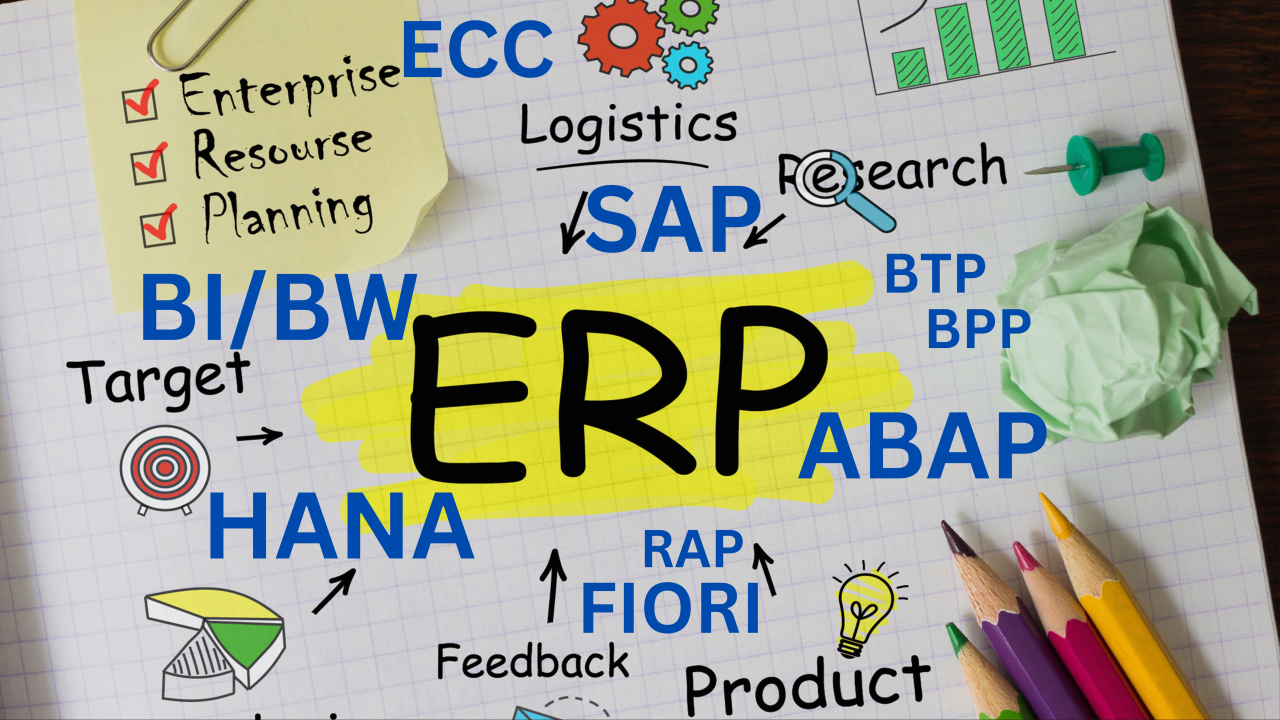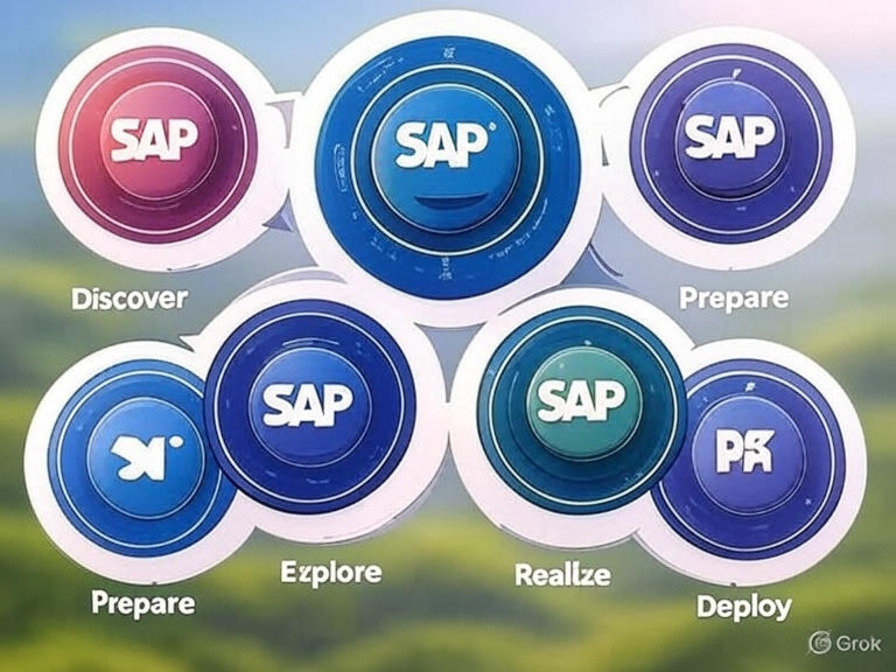AWS vs. Azure vs. Google Cloud: A Comparison of Top 10 Productive Features for 2025
As cloud computing continues to dominate digital transformation, Amazon Web Services (AWS), Microsoft Azure, and Google Cloud Platform (GCP) remain the leading platforms, collectively holding over 60% of the global cloud market share. Each provider offers unique strengths, catering to diverse business needs—from startups to enterprises. This article compares AWS, Azure, and GCP by highlighting their top 10 productive features, helping you choose the right platform for your organization in 2025.
Overview of the Big Three
- AWS: Launched in 2006, AWS is the market leader with a 31-33% share, offering over 240 services and the broadest global infrastructure. It’s ideal for scalability and versatility across industries.
- Azure: Since its 2010 debut, Azure has captured 21-24% of the market, excelling in enterprise integration with Microsoft products and hybrid cloud solutions.
- GCP: Launched in 2008, GCP holds an 11% market share and is renowned for AI, machine learning, and big data analytics, with a focus on open-source and cost-effective solutions.
Choosing the right provider depends on your business needs, existing tech stack, and strategic goals. Below, we explore 10 productive features across these platforms, drawing from their core strengths.
Top 10 Productive Features Compared
1. Compute Power: Scalable Virtual Machines
- AWS EC2 (Elastic Compute Cloud): Offers a vast array of instance types, including general-purpose, compute-optimized, and GPU instances. EC2 supports auto-scaling and bare-metal options, ideal for high-performance workloads like Netflix’s streaming service.
- Azure Virtual Machines: Provides flexible VMs for Windows and Linux, with Azure Batch for large-scale parallel computing. Azure’s Hybrid Benefit reduces costs for Windows Server workloads, making it cost-effective for Microsoft-centric enterprises.
- GCP Compute Engine: Features customizable VMs and excels in container orchestration via Google Kubernetes Engine (GKE). It’s a favorite for cloud-native apps, like Snapchat’s spiky traffic handling.
Winner: AWS for its extensive instance variety; Azure for Microsoft integration; GCP for containerized workloads.
2. Storage Solutions: Object and Block Storage
- AWS S3 (Simple Storage Service): A scalable object storage solution for websites, media, and analytics, with robust durability (99.999999999%). S3 is used by companies like Airbnb for data storage.
- Azure Blob Storage: Offers unstructured data storage with seamless integration into Azure services. It’s cost-effective for enterprises like Walmart managing massive datasets.
- GCP Cloud Storage: Provides object storage with low-latency access, ideal for analytics. Twitter leverages it for real-time data processing.
Winner: AWS S3 for durability and ecosystem; Azure for enterprise integration; GCP for analytics-driven use cases.
3. Serverless Computing: Event-Driven Scalability
- AWS Lambda: Pioneered serverless computing, supporting multiple languages (Node.js, Python, etc.) for event-driven tasks like IoT or Alexa services.
- Azure Functions: Enables event-driven serverless code with real-time data processing, integrated with Microsoft tools like Teams.
- GCP Cloud Functions: Lightweight serverless option for event-driven apps, excelling in integration with GCP’s AI/ML tools.
Winner: AWS Lambda for maturity; Azure Functions for Microsoft ecosystem; GCP for AI-driven serverless tasks.
4. AI and Machine Learning: Intelligent Automation
- AWS SageMaker: Simplifies building, training, and deploying ML models, with tools like Lex for conversational AI. Used by companies for predictive analytics.
- Azure Cognitive Services: Offers APIs for vision, speech, and search (e.g., Bing Web Search API), integrated with Microsoft 365. Ideal for enterprise AI.
- GCP Vertex AI & TensorFlow: Leads in AI/ML with tools like AutoML and TensorFlow, powering Twitter’s recommendation systems.
Winner: GCP for cutting-edge AI/ML; Azure for enterprise AI; AWS for broad ML applications.
5. Big Data and Analytics: Processing Massive Datasets
- AWS Redshift: A data warehouse solution for large-scale analytics, enabling data sharing across clusters. Used by consumer goods companies.
- Azure Synapse Analytics: Integrates big data and data warehousing, optimized for Microsoft-centric enterprises.
- GCP BigQuery: Excels in lightning-fast analysis of massive datasets, used by Twitter for real-time insights.
Winner: GCP BigQuery for speed and analytics; Azure for Microsoft integration; AWS for versatility.
6. Networking: Low-Latency Connectivity
- AWS VPC & Direct Connect: Offers Virtual Private Cloud (VPC) and dedicated connections for secure, high-performance networking.
- Azure Virtual Network (VNet) & ExpressRoute: Provides private connections and seamless hybrid cloud integration.
- GCP Virtual Private Cloud & Cloud Interconnect: Leverages Google’s global fiber network for low-latency, high-bandwidth connections.
Winner: GCP for low-latency networks; Azure for hybrid setups; AWS for robust networking options.
7. Developer Tools: Streamlined DevOps
- AWS CodePipeline & CodeBuild: Facilitates CI/CD pipelines for rapid code deployment, used by developers for scalable apps.
- Azure DevOps: Offers comprehensive tools like Azure Pipelines for CI/CD and GitHub integration, ideal for enterprise workflows.
- GCP Cloud Build: Simplifies CI/CD with integration into GCP’s ecosystem, favored for cloud-native development.
Winner: Azure DevOps for enterprise-grade tools; AWS for versatility; GCP for cloud-native DevOps.
8. Hybrid and Multi-Cloud: Flexible Deployments
- AWS Outposts: Brings AWS infrastructure to on-premises data centers for consistent hybrid experiences.
- Azure Arc & Stack: Excels in hybrid and multi-cloud management, enabling consistent app deployment across environments.
- GCP Anthos: Supports multi-cloud and hybrid deployments with Kubernetes, ideal for containerized workloads.
Winner: Azure for hybrid cloud excellence; GCP for multi-cloud Kubernetes; AWS for on-premises extensions.
9. Security and Compliance: Enterprise-Grade Protection
- AWS Security Hub: Centralizes security management with compliance tools for industries like healthcare.
- Azure Security Center: Offers robust compliance coverage (e.g., HIPAA) and integrates with Microsoft’s ecosystem.
- GCP Security Command Center: Provides advanced threat detection and identity management, leveraging Google’s expertise.
Winner: Azure for compliance-heavy industries; AWS for comprehensive security tools; GCP for advanced threat detection.
10. Pricing and Cost Management: Optimizing Cloud Spend
- AWS Reserved Instances & Savings Plans: Offers up to 75% discounts for long-term commitments, with a free tier for new users.
- Azure Hybrid Benefit & Savings Plans: Provides up to 65% savings for Microsoft license holders and a $200禁止
200 credit for new users.
- GCP Committed Use Discounts & Sustained Use Discounts: Offers up to 70% savings for long-term use, with a $300 credit for new users.
Winner: Azure for Microsoft license savings; GCP for transparent pricing; AWS for flexible discount options.
Key Considerations for Choosing a Cloud Provider
- AWS: Best for businesses needing extensive services, global reach, and scalability. Ideal for startups and enterprises with complex workloads.
- Azure: Suited for Microsoft-centric organizations, hybrid cloud setups, and industries with strict compliance needs (e.g., healthcare).
- GCP: Perfect for AI/ML, big data analytics, and cloud-native applications, with cost-effective pricing for startups.
Pricing Insights
- AWS: Competitive but complex pricing; use AWS Cost Explorer for optimization.
- Azure: Lowest on-demand pricing, especially for Windows workloads. Azure’s pricing calculator helps estimate costs.
- GCP: Transparent pricing with sustained use discounts applied automatically.
Regional Availability (as of July 2024)
- AWS: 33 regions, 105 availability zones, 600+ edge locations.
- Azure: 60+ regions, second-largest data center network.
- GCP: 40 regions, 121 zones, available in 200+ countries.
Conclusion: Which Cloud Provider is Right for You?
- Choose AWS if you need a mature platform with the broadest service catalog and global infrastructure for large-scale, versatile workloads.
- Choose Azure if your organization relies on Microsoft products, requires hybrid cloud solutions, or operates in compliance-heavy industries.
- Choose GCP if your focus is on AI, machine learning, big data analytics, or cost-effective cloud-native solutions.
Evaluate your existing tech stack, scalability needs, and budget. Use each provider’s pricing calculator to estimate costs and consider multi-cloud or hybrid strategies for flexibility. The right choice aligns with your business goals, whether it’s AWS’s scalability, Azure’s enterprise integration, or GCP’s AI prowess.
Ready to transform your business with the cloud? Lets connect!
#CloudComputing #AWS #Azure #GoogleCloud #CloudTechnology #DigitalTransformation #TechTrends #AI #MachineLearning #BigData #DevOps #CloudStrategy #ITInfrastructure #BusinessInnovation #TechLeadership



